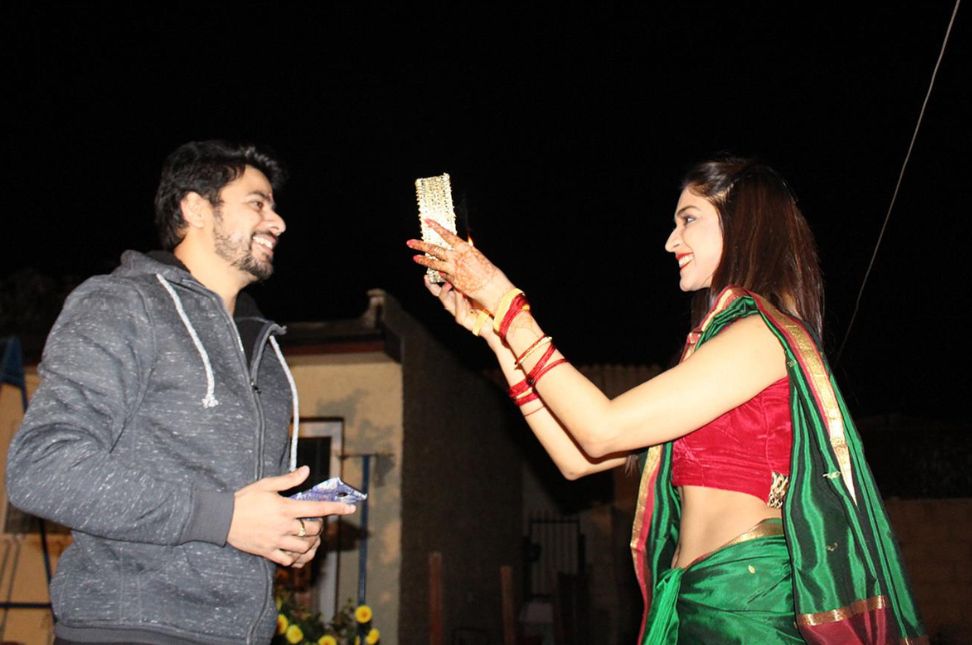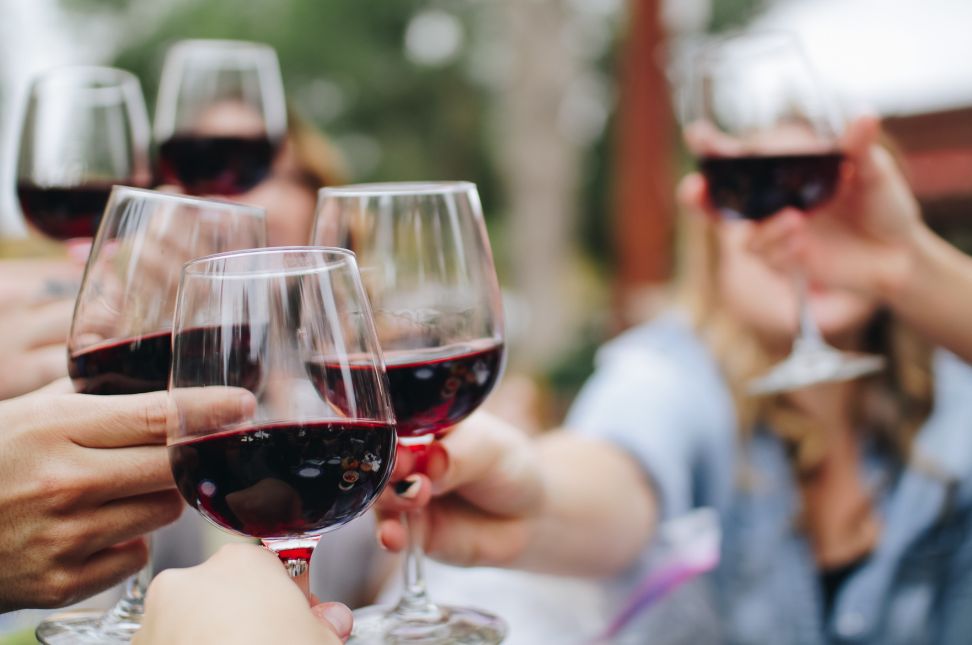Karwa Chauth vrat katha is an integral part of the Karwa Chauth festival, which is celebrated by married Hindu women across India, especially in North India. The festival is observed with great devotion and is dedicated to the well-being and longevity of husbands. The Karwa Chauth vrat katha is a sacred story recited during the fasting ritual and is central to the festival’s significance. It is believed that listening to or reciting this katha during the fast brings blessings and ensures the successful completion of the fast.
Origins of Karwa Chauth
The origins of Karwa Chauth are deeply rooted in ancient Indian traditions. The word “Karwa” refers to an earthen pot used during the rituals, and “Chauth” means the fourth day, as the festival falls on the fourth day after the full moon in the Hindu month of Kartik. The Karwa Chauth vrat katha is a tale that has been passed down through generations and is closely associated with this day of fasting.
The Karwa Chauth Vrat Katha
The Karwa Chauth vrat katha narrates the story of a devoted wife, Veeravati. Veeravati was the only sister among seven brothers and was dearly loved by them. After her marriage, she observed her first Karwa Chauth fast with great dedication. However, being a delicate young woman, she found it difficult to go through the day without food or water. By the evening, she became weak and fainted.
Seeing their beloved sister in distress, her brothers could not bear to see her suffer. They decided to trick her into breaking her fast. One of the brothers climbed a tree and held a mirror, reflecting the light of a lantern. They convinced Veeravati that the moon had risen, and it was time to break the fast. Trusting her brothers, Veeravati broke her fast.
However, the moment she took the first bite, she received the news that her husband had fallen seriously ill. Distraught, she rushed to her husband’s side. On her way, she met Goddess Parvati, who revealed that her husband’s condition was the result of her breaking the fast before the moonrise. Veeravati begged for forgiveness and was given a chance to complete her fast correctly, with utmost devotion. By doing so, her husband’s life was restored, and he recovered completely. Since then, the Karwa Chauth vrat katha has been recited as a symbol of devotion and the power of a wife’s prayers.
The Rituals Surrounding Karwa Chauth
The recitation of the Karwa Chauth vrat katha takes place in the evening when women gather together after completing their day’s fast. Dressed in their finest clothes, often wearing bridal attire, they sit in a circle with their Karwas (earthen pots filled with water) placed before them. An elderly woman, usually the mother-in-law or a respected elder, narrates the Karwa Chauth vrat katha.
As the katha is recited, the women listen attentively, rotating their Karwas as part of the ritual. This practice symbolizes the continuity of married life, and the unbroken cycle of devotion that ensures the husband’s well-being.
Importance of the Karwa Chauth Vrat Katha
The Karwa Chauth vrat katha is more than just a story; it is a testament to the strength and devotion of a wife’s love. It highlights the sacrifices that women make for their husbands and the belief in the power of their prayers. By observing the fast and listening to the Karwa Chauth vrat katha, women reaffirm their commitment to their marital vows and seek divine blessings for a long and prosperous married life.
The Modern Relevance
While the Karwa Chauth vrat katha is steeped in tradition, its relevance remains strong in modern times. The festival has evolved to become a symbol of love and togetherness, not just for women but also for couples. Many husbands now choose to fast alongside their wives, sharing in the ritual and showing solidarity. The essence of the Karwa Chauth vrat katha—devotion, love, and prayer—continues to resonate with people across generations.
Conclusion
The Karwa Chauth vrat katha is an integral part of the Karwa Chauth celebration, symbolizing the devotion and love that a wife has for her husband. The story of Veeravati is a reminder of the power of faith and the significance of tradition. As women gather to observe the fast and listen to the katha, they partake in a ritual that has been cherished for centuries, one that continues to hold deep meaning in their lives.
By observing the fast and participating in the Karwa Chauth vrat katha, women honor the tradition that has been passed down through generations, reaffirming the values of love, faith, and devotion that lie at the heart of this beautiful festival.




